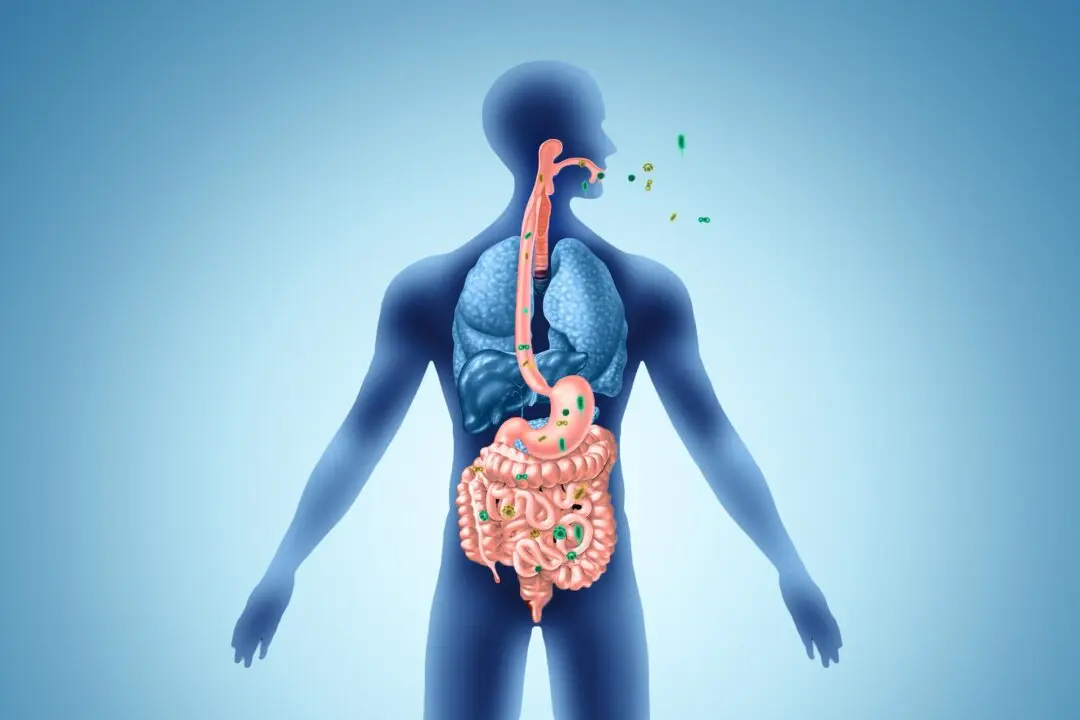Researchers have discovered that a low-salt, fasting-mimicking diet (FMD) may slow kidney deterioration in patients with Stage 3 chronic kidney disease, with supporting evidence from animal studies.
A recent study included 13 participants who followed the diet over three months and found significant improvements in kidney function and inflammation markers. Animal models on the diet showed reduced kidney damage and slowed deterioration of kidney function.






